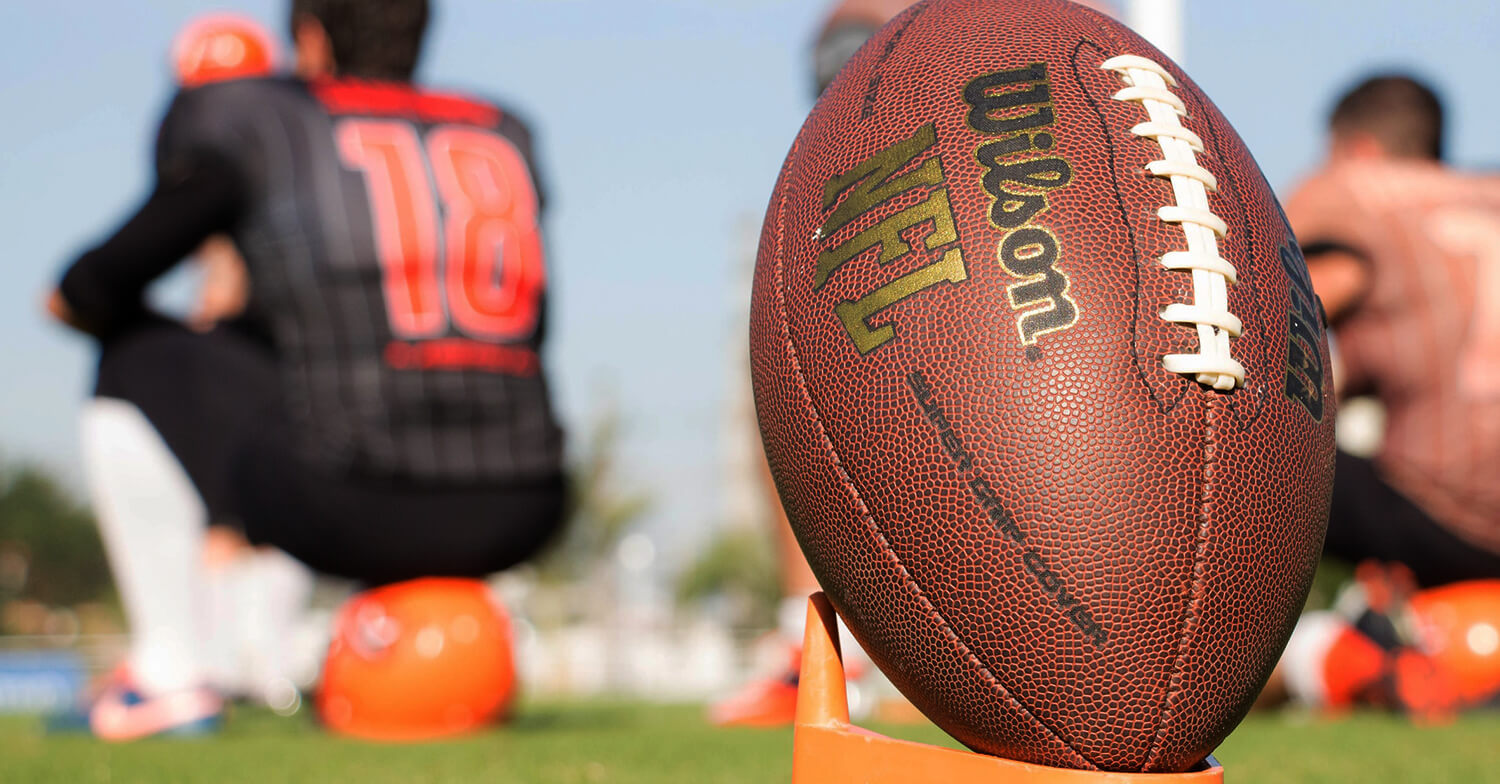GC
- 1.Group chat
- 2.Get cancer
- 3.Groovy cat
- 4.GameCube
- 5.Good Crib
Group chat
Example

Related Slang
| DM | Direct message |
| Crash your squad | Join your group of friends |
| Squad goals | A group of friends that another group of friends aspires to be |
| Crew | Group of friends |
| FTG | For the group |
| LFG | Looking for group |
| WC | Wrong chat |
Categories
Get cancer
GC is a harsh command players may send to others when frustrated while gaming. For example, a player that wins a match may message the loser "gg" while the angry loser replies with "su. gc."
Examples of online games where you might see GC, include League of Legends (LOL) and World of Warcraft (WoW). However, you may also see it in other places online where contentious people congregate, such as social sites and in the comments section of videos and articles (because the Internet is full of angry people).
For example, people may argue about politics on X, and one of the users responds to a comment, "ppl like u r the reason this country is trbl. gc!" Or, a person may comment under a video on YouTube, "that was pointless. GC."
Example
GC is a harsh acronym gamers often use when mad
Related Slang
| Kill yourself | Go away |
| SALAB | Stop acting like a baby |
| GALMA | Go away, leave me alone |
| GTFOOH | Get the f*** out of here |
| Dbag | Douchebag |
| Douche | Douchebag |
| Douchebaggery | Obnoxious behavior |
| WAPCE | Women are pure concentrated evil |
| Troll | A person who posts offensive comments |
| Trolling | Posting offensive comments |
| Griefer | An irritating player |
| Flaming | Angering other Internet users |
| GG | Good game |
Categories
Groovy cat
Groovy cat (GC) is another way to say "cool dude." GC is obscure, but when people use it, they typically send it in a text message or online, like on social media or in a chat.
Where did GC come from?
GC was adopted as an acronym for "groovy cat" in the 2000s as online chat and texting became more commonplace. The "groovy cat" name traces back to the 1920s and 30s world of jazz and Jive-talking.
In the early days of jazz, "groovy" was a way to describe Jazz music played with a smooth passion. And a "cat" was a musician who could play groovy jazz with the coolness and nimbleness of a cat.
When do I use GC?
You can use GC whenever you want to refer to a person you think is really cool, such as a smooth-talking friend, suave celebrity, or awesome musician. But keep in mind, GC is rather obscure and primarily used by older adults that still describe cool people as groovy cats in real life.
Example
Now that is one GC!
Related Slang
Categories
GameCube
Gamers use the acronym GC to refer to the Nintendo GameCube. Released in 2001, the GameCube featured popular games like Super Smash Bros. Melee, Mario Kart: Double Dash, Animal Crossing, and Pikmin.
However, the GC is most notable for its unique controller design, which included two joysticks, a d-pad, and a pleasing button layout. Many Super Smash Bros. players still prefer playing Smash with GameCube controllers. To please these players, Nintendo releases updated versions of the GC controller for its new consoles.
In 2007, Nintendo discontinued the GC, which had already been replaced by the Nintendo Wii. However, many gamers still own GCs, and GC emulators allow gamers to play GC games on their PCs and other devices.
Example
The GC's iconic startup screen
Related Slang
| NES | Nintendo Entertainment System |
| SNES | Super Nintendo Entertainment System |
| N64 | Nintendo 64 |
| NS | Nintendo Switch |
| GB | Game Boy |
| GBC | Game Boy Color |
| GBA | Game Boy Advance |
| NDS | Nintendo DS |
Categories
Good Crib
A quick way to comment that you like someone's crib, or house; could technically be used to describe a good baby crib but is most commonly used to reference a person's house.
 How well do you know your Fantasy Football slang?
How well do you know your Fantasy Football slang?
Those who frequently engage in group chats may refer to them as GCs. Typically, people use GC when asking someone to post something to or read messages in a group chat. These group chats may take place via text message threads or messaging apps, such as WhatsApp, Discord, or Slack.
Unlike DMs and one-on-one text conversations, GCs involve three or more people messaging back and forth. Close groups of friends often maintain and post in private GCs, as do some families and groups of coworkers. If you're part of a very active GC, you may find yourself wanting to silence your phone or app's notifications, so you aren't constantly prompted to check your GC.